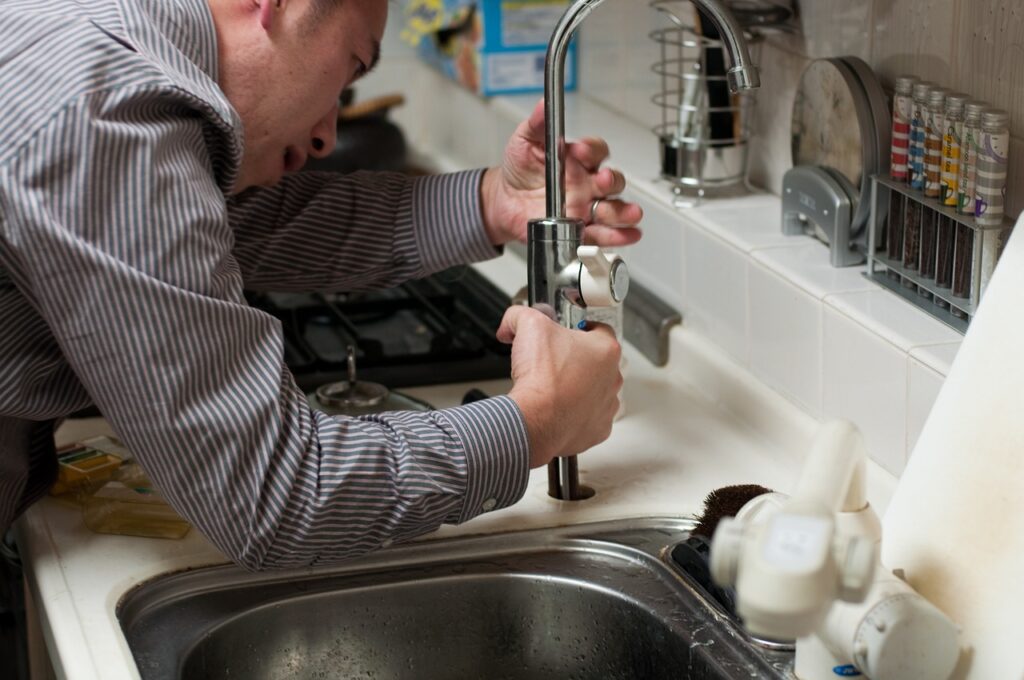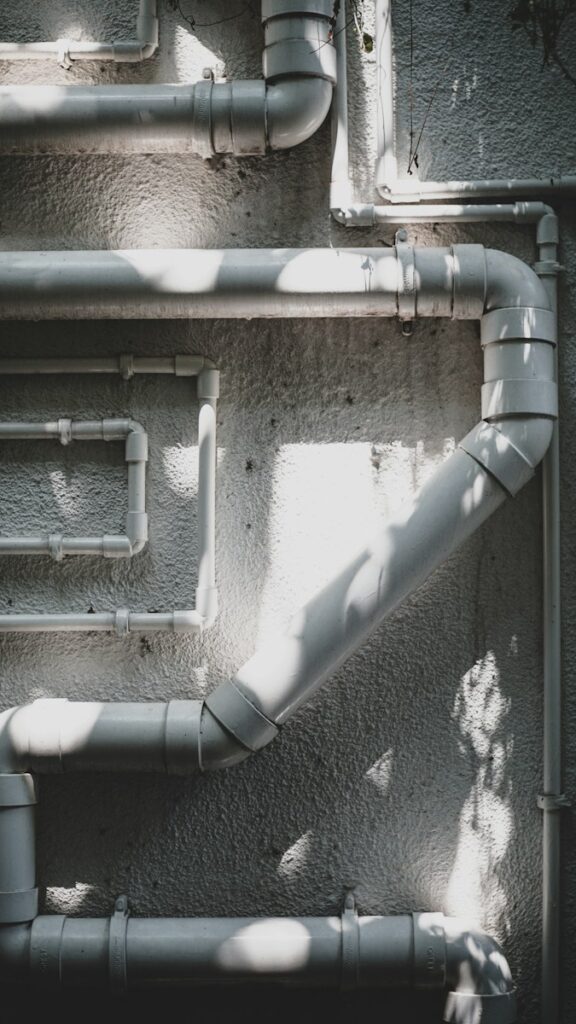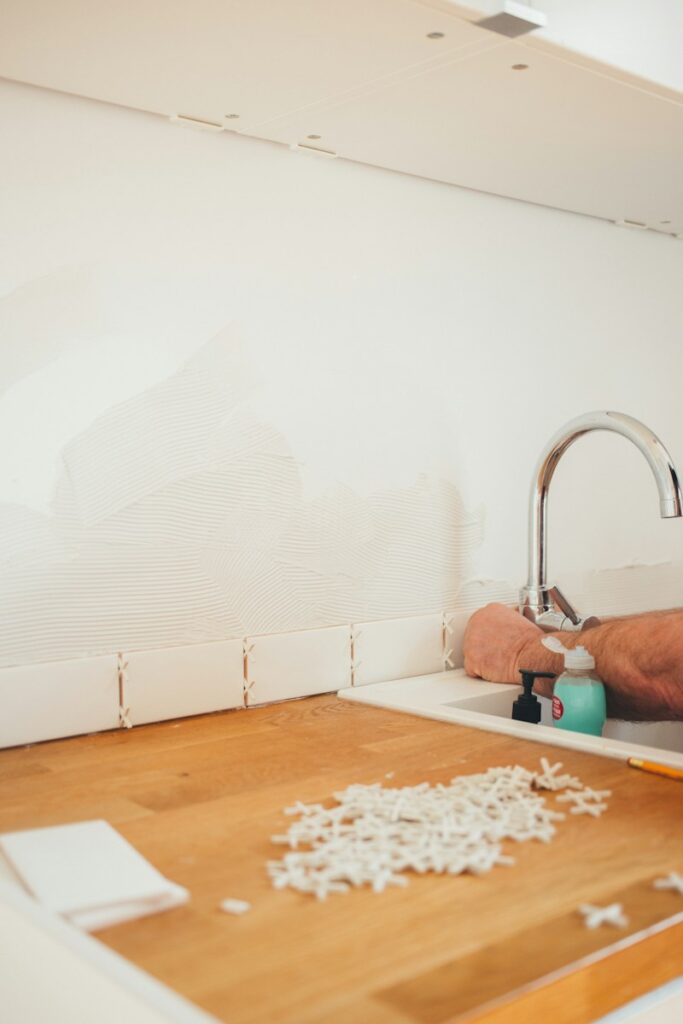Suppose you are planning to immigrate to Canada as a plumber. In that case, you will probably ask, “Are plumbers in demand in Ontario, British Columbia, Quebec, Manitoba, Saskatchewan, New Brunswick, or anywhere in Canada?
Indeed, most of your questions will get answers in this article regarding how you can immigrate to Canada as a plumber.
Plumbers earn up to CAD 60 hourly in Canada and are offered employment by many plumbing contractors in different provinces and territories.
Plumbers are opportune to work for various establishments in Canada, including industrial plants, factories, etc.
Hence, this article will guide you on how to immigrate to Canada as a plumber.
Furthermore, you will be able to find the employment criteria, pathways, and requirements, as well as the steps to help you immigrate to Canada.
See All the documents you need
What do plumbers do?
Generally speaking, plumbers install, repair, and maintain pipes, fixtures, and other plumbing equipment in residential, commercial, and industrial buildings to facilitate water distribution and sewage.
Moreover, plumbers establish their practices in Canada or work for plumbing contractors, factories maintenance departments, plants, etc.
Under Canada’s National Occupational Classification (NOC), plumbers are “7251”.
Plumbers’ job descriptions/duties
Here are the primary job duties of plumbers to their customers and employers.
- Reading plans, sketches, and specifications to decide upon the layout of the plumbing system, water supply network, as well as waste and drainage systems
- Installing, repairing, and maintenance of residential, commercial, as well as industrial plumbing fixtures and systems
- Finding and marking spots for pipe connections, passage holes, and fixtures in walls and floors
- Joining pipes via screws, clamps, couplings, bolts, cement or soldering, brazing, and welding equipment
- Measuring, cutting, bending, as well as threading pipes with the use of hand and power equipment or machines
- Breaking walls and floors to fit in pipes and pipe fittings
- Examining pipes for leaks via air and water pressure gauges
- Preparing quotations for plumbing works
Examples of jobs under NOC 7251
The following are examples of plumbing jobs under NOC 7251.
- apprentice plumber
- journeyman/woman plumber
- maintenance and repair plumber
- maintenance and repair plumber (non-construction)
- maintenance plumber
- marine plumber
- plumber
- plumber – pipefitting
- plumber apprentice
- plumbing installer
- plumbing mechanic
- radiator plumber
- residential construction plumber
Requirements to work in Canada as a plumber
After you immigrate to Canada as a plumber, you need to meet the following requirements before working for an employer or customer.
- Must have graduated from high school
- Need to have completed a 4 to a 5-year apprenticeship program
As an alternative, one must possess 5+ years of plumbing work experience and complete several secondary schools, college diplomas, or industry courses in relevant fields.
Foreigners often need to meet this requirement before obtaining a trade certification in Canada.
- Obtaining a trade certification is mandatory in the following provinces; Alberta, New Brunswick, Nova Scotia, Ontario, Prince Edward Island, Quebec, and Saskatchewan.
Besides, the trade certification is optional to work in British Columbia, Manitoba, Newfoundland and Labrador, Northwest Territories, Nunavut, and Yukon Territory.
- Completion of an interprovincial Red Seal examination, which enables you to become a qualified plumber in Canada
Exclusions under plumbing occupations
Below are exclusions for plumbing jobs under NOC 7251.
- 7203 – Contractors and supervisors, pipefitting trades
- 7252 – Steamfitters, pipefitters, and sprinkler system installers
- 7253 – Gas fitters
Requirements to immigrate to Canada as a plumber
You must stand out on some terms if you intend to immigrate to Canada as a plumber.
Before you can be eligible to receive an Invitation to Apply (ITA), you must attain one of the highest Comprehensive Ranking System (CRS) points in the Express Entry pool.
Thus, you and other applicants in the pool will be judged based on the personal information on each Express Entry profile.
General requirements
The following requirements apply to every foreigner who intends to become a permanent resident of Canada.
- Age (up to 12 points): Your minimum age must be 18 and not above 35 years old.
You will get the highest points on the Comprehensive Ranking System (CRS) if your age meets this criterion.
- Education (maximum of 25 points): Completing secondary school or post-secondary education is required.
Obtaining an Educational Credential Assessment (ECA) report from an approved organization is equally important.
Examples:- WES, IQAS, Comparative Education Service, International Credential Evaluation Service, Medical Councils of Canada, Pharmacy Examining Board of Canada, as well as International Credential Assessment Service of Canada.
- Language skills: It is essential to take proof of English or French language proficiency test.
These tests include IELTS, TOEFL, CAEL, PTE, CELPIP, TCF Canada, and TEF Canada, among others.
- Arranged employment in Canada (up to 10 points): With an arranged employment or job offer in Canada, you will be able to enhance your points on the CRS.
- Work experience (up to 15 points): As an experienced worker, you qualify for more CRS points.
- Adaptability (maximum of 10 points): If you are immigrating with your spouse or common-law partner to Canada, you and he/she are eligible for 10 points based on some conditions.
- Nomination certificate: If you had a successful nomination request, you are eligible to receive extra 600 points on the Comprehensive Ranking System (CRS).
Specific requirements/certifications for plumbers
In Canada, plumbers who want to work in particular provinces and territories need to fulfill some requirements, which include:-
- Procuring a trade certification
On the one hand, this requirement is necessary if you intend to work in Alberta, Prince Edward Island, Ontario, Quebec, Saskatchewan, Nova Scotia, and New Brunswick.
On the other hand, you have the freedom to choose whether to get a trade certification or not to work in Newfoundland and Labrador, Yukon Territory, British Columbia, Nunavut Territory, Manitoba, and Northwest Territories
- Red Seal endorsement: This requirement is attainable by taking the interprovincial Red Seal examination.
Pathways to immigrate to Canada as a plumber
All foreigners can use Express Entry and provincial nominations to satisfy their dreams of immigrating to Canada.
Express Entry
As a web-based system, Express Entry can make it possible for you to immigrate to Canada as a plumber.
Of course, it is an ideal pathway for plumbers who want to procure Canada’sCanada’s permanent residency to work and reside permanently in Canada.
If Express Entry is your preferred immigration pathway, you need to apply under its Federal Skilled Trades Program (FSTP).
Provincial nominations
Both low-skilled and semi-skilled foreign nationals can be nominated for Canada’s Permanent Residency (PR).
It is equally important that your skills and work experience are valuable to the economy of a Canadian province or territory.
Hence, it would help if you got in touch with any of Canada’s provinces or territories to request nomination. Afterward, you can apply for PR under an Express Entry stream.
Below are lists of Canada’s Provincial Nominee Programs (PNPs)
- Alberta Immigrant Nominee Program (AINP)
- British Columbia Provincial Nominee Program (BC PNP)
- Manitoba Provincial Nominee Program (MPNP)
- New Brunswick Provincial Nominee Program (NBPNP)
- Newfoundland and Labrador Provincial Nominee Program (NL PNP)
- Northwest Territories Nominee Program (NTNP)
- Nova Scotia Provincial Nominee Program (NSPNP)
- Ontario Immigrant Nominee Program (OINP)
- Prince Edward Island Provincial Nominee Program (PEI PNP)
- Saskatchewan Immigration Nominee Program (SINP)
- Yukon Nominee Program (YNP)
Steps to immigrate to Canada as a plumber
The following steps guide you in applying for and completing Canada’sCanada’s immigration process.
#STEP 1: Confirm eligibility for Express Entry
This is the initial step you need to undertake to immigrate to Canada as a plumber.
As a result, you can use a Comprehensive Ranking System (CRS) calculator to do your math.
Hence, your calculations will let you know if you are eligible for Canada’sCanada’s Express Entry.
Use the CRS tool to estimate your score
#STEP 2: Conclude on an immigration pathway
This step requires your decision-making skills. You surely need to choose a pathway suitable for your plumbers.
Indeed, the best pathways for you to immigrate to Canada as a plumber are Express Entry Federal Skilled Trades Program (FSTP) and provincial nominations.
Hence, you must decide on one and submit your application online.
#STEP 3: Send complete PR application after receiving ITA
When you have received an Invitation to Apply (ITA), you are expected to submit your application for permanent residency on time.
Therefore, you must submit your PR application with all supporting documents before 60 days.
#STEP 4: Move to Canada
If your application for permanent residency gets approval, you could proceed to make plans to move to Canada.
You must remember that Express Entry takes approximately six months to receive a decision from IRCC, while provincial nominations take about 19 months
Frequently Asked Questions
What is the plumber’s NOC code?
NOC 7251
Do plumbers make good money in Canada?
Of course, plumbers earn a lucrative salary in Canada. On an hourly basis, their salary range from $20 to 60 Canadian Dollars.
Are plumbers in demand in Canada?
Yes, plumbers are greatly desired in various provinces and territories of Canada.
How much does a plumber make a year in Canada?
An average of $120,000 every year
How can I get a job in Canada as a foreigner?
Through employment agencies or job sites such as Indeed.ca, LinkedIn, Monster, Glassdoor, etc.
How do I become a plumber apprentice in Canada?
You can become an apprentice plumber in Canada by visiting any of the job sites in Canada. Of course, you can apply for plumbing apprentice jobs in Tylor Electric LTD, Nason, Maple Reinders, etc.
Conclusion
In summary, coming to Canada for a permanent stay and working as a plumber will offer several benefits to your life and career. We wish you the best of luck as you advance the steps to immigrate to Canada as a plumber.



This very Educative